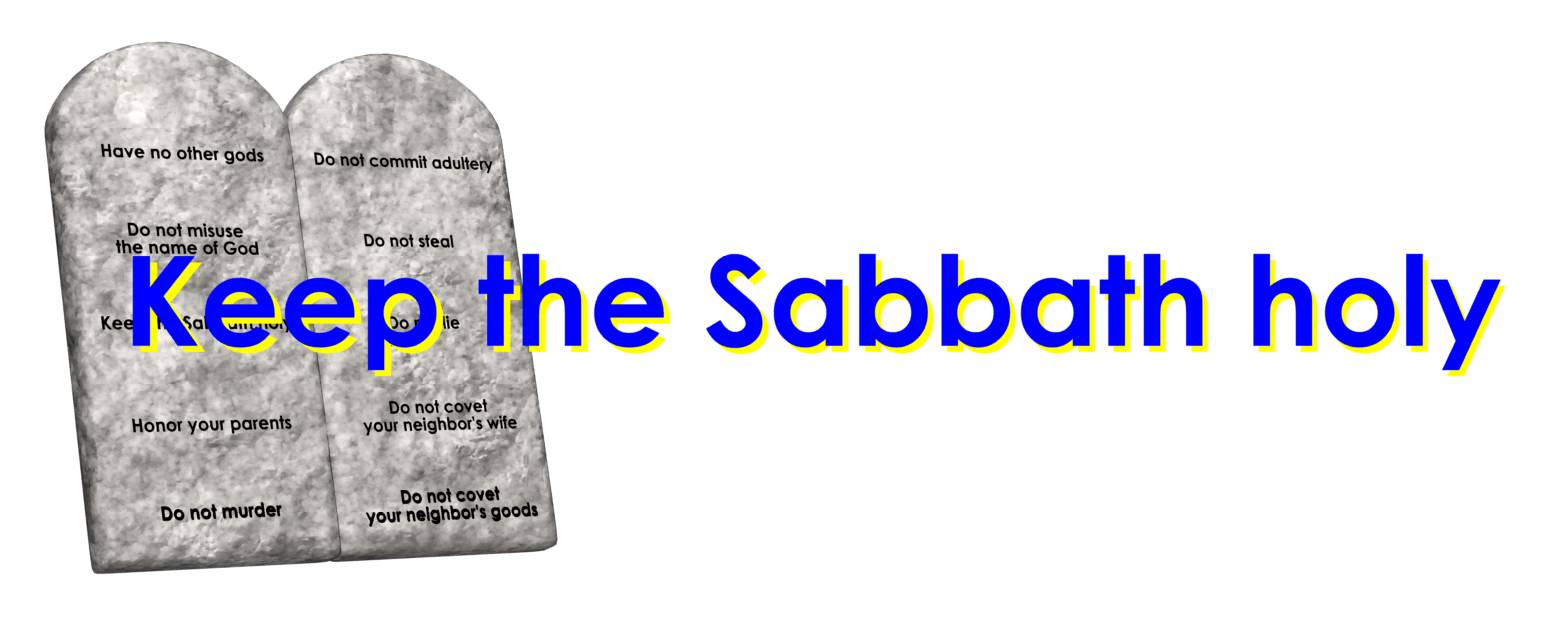Tag Archives: Law of Moses
Liar, Liar…!
Acts 6:13–14, False witnesses…change the customs which Moses delivered to us. Mainstream Christianity has perpetuated this same lie of the false witnesses against Stephen in teaching that Paul taught that the law of Moses is no longer binding upon believers today. This false accusation cost both Stephen and Paul their lives.
What Is the Whole Truth and Nothing But the Truth of the Bible?
John 18:38, What is truth? Pilate asked Messiah Yeshua, the Son of Elohim, a question many inquiring minds have been asking since time immemorial, “What is truth?” (John 18:38). If someone were to ask you this question what would your answer be?
Since the word truth is found some 300 times in the Scriptures it would be safe to assume that YHVH, the Author of the Bible, probably has a definite opinion as to the definition of truth. What is your definition of truth? Does your definition square with his? If not, whose definition is right? The Creator’s or yours? Adam and Eve were confronted with this issue in the Garden of Eden at the tree of knowledge. YHVH gave them some basic truth he expected them to obey, and shortly afterwards the serpent came along questioning that truth. Adam and Eve fell for the serpent’s confusing lies and perversion of truth and men have been confused about the definition of truth ever since.
Even today how many Bible proponents really believe and obey all Continue reading
The Words of Yeshua and Moses Go Hand-In-Hand
John 5:46–47, Believed Moses. These two verses at the end of chapter five can easily be overlooked, but their implications are huge. Quite simply, Yeshua is saying that those who don’t believe the writings of Moses (i.e., the Torah) won’t believe the words of Yeshua who himself upheld the Torah and taught its validity in the lives of his disciples.
This then begs the following question: Where does this leave all those who claim to be followers of Yeshua, but who believe that the law of Moses was abrogated? It’s hard to be absolutely black and white on this matter, since only YHVH can judge the heart condition of each individual, for undoubtedly many who claim the law was “done away with” still adhere to many of the law’s tenets (e.g., you shall not steal, murder, lie, commit adultery, worship idols and you shall honor your parents, etc.) and are thus obedient to the law to one degree or another.
However, we can safely say that it’s a matter of degrees. To the degree that we don’t believe the words of Moses, we don’t believe the words of Yeshua who was a proponent (and, in reality, as the Word of Elohim, the Originator) of the Torah-law of Moses. John makes a similar statement in his first epistle from which we can deduce the following: To the degree we don’t keep the (Torah) commandments of Elohim, we won’t know him; that is to say, conversely, if we keep his commandments which are a reflection of his character, will and heart, we will be able to know what pleases him, which in turn will determine the depth of our spiritual relationship with him (1 John 2:4).
In reality, these should be simple concepts to grasp and put into practice in one’s spiritual walk, yet, sadly, most religious leaders have misled Christians to believe anything and everything but the simple truth through their convoluted doctrines and traditions of men by which they have made the word of Elohim of no effect (Mark 7:13). It’s time for Elohim’s people to come out of the Babylonian church system with its webbed mixture of truth along with half-truths and outright lies (Rev 18:4).
Moreover, Yeshua is saying here that Moses’ prophecies about the coming Messiah formed the foundation for all the subsequent biblical messianic prophecies and the eventual coming of Yeshua the Messiah. If one couldn’t believe these prophecies of Moses, how would they recognize, much less believe in, Yeshua when he did come?
The Ten Commandments—The Torah’s Great Cornerstone
Exodus 20:1–17, An Overview of the Ten Words (Commandments)
The Ten Words or Ten Commandments by which they are more commonly known are but the mighty cornerstone of the 613 commandments of the Torah.
The Jewish sages teach that all 613 are implied in the Ten; or that the Ten can be expanded into 613. The Tanakh (Old Testament) and Jewish writings contain a number of phrases that express the quintessential essence of the Torah. One of these best-known passages naming several of these phrases is in the Jewish Talmud: “[R.] Simlai said, ‘613 commandments were given to Moses—365 negative mitzvot (commandments), the same as the number of days in the year, and 248 positive mitzvot, the same as the number of parts in a man’s body. David came and reduced them to eleven (Ps 15), Isaiah to six (Isa 33:15), Micah to three (Mic 6:8), Isaiah again to two—“Observe and do righteousness” (Isa 56:1). Then Amos came and reduced them to one, “Seek me and you shall live” (Amos 5:4)—as did Habakkuk, “The righteous one will attain life by his trusting [or by faith] faithfulness (Hab 2:4)”’ (Makkot 23b–24a, abridged, from the Jewish New Testament Commentary, by David Stern, p. 565).
We see some of these same Torah summation-type statements in the Testimony of Yeshua. For example, the phrase, “the just shall live by faith” is found in three passages of the Testimony of Yeshua (Rom 1:17; Gal 3:11; Heb 10:38); In Leviticus 19:18, we find the phrase, “you shall love your neighbor as yourself,” which is the summation of the last five of the famous Ten Commandments. This in itself is a summation of all of the 613 Torah commandments that relate to human relationships, which we see in Yeshua’s Continue reading
Elohim is serious about the Sabbath!
Exodus 16:4–30, The Sabbath. This chapter chronicles YHVH’s efforts to literally force an irreverent, unruly and disobedient nation to keep the seventh day Sabbath. He did so in a most poignant way—through food and hunger. It’s as if he were instructing the stiff-necked and rebellious Israelites that if they refused to follow his Sabbath instructions, they would literally go hungry. “If you don’t obey me, you don’t eat.” This shows the gravity the Creator places on the Sabbath command. Yet despite these clear instructions, most in the Babylonian church today, like the rebellious children of Israel of old, refuse to obey YHVH’s clear instructions regarding the Sabbath. Instead, they prefer to believe the doctrines of men proffered to them by their spiritual leaders that purport to invalidate the Sabbath command. Paul’s sage observation in Romans 8:7 describes the situation perfectly: “Because the carnal mind is enmity against Elohim: for it is not subject to the [Torah] law of Elohim, neither indeed can be.” In our day, the same question can still be asked of followers of Yeshua that YHVH asked of the Israelites at that time, “How long do you reuse to keep my commandments and my laws?” (Exod 16:28).
This chapter is almost entirely dedicated to instructions pertaining to preparing for the Sabbath. This shows the priority that YHVH places on Sabbath observance for his people. Also note that these instructions are given many weeks before the official giving of the Torah (or law of Moses) at Mount Sinai. This is but one of the many examples of YHVH revealing key aspects of his Torah-law before he gave it the Israelites in one legal codified corpus at Mount Sinai.
Exodus 16:4, On the sixth day…prepare. (Also note verse 23.) The sixth day of the week was to be a day of preparation for the Sabbath, so that the Sabbath rest could be complete allowing for man to fully focus on being spiritually edified in the presence of his Creator without the distractions of food preparation and the other mundane duties of life.
Exodus 16:29, Let every man remain. The essential point of this prohibition is to not go out and gather manna on the Sabbath, but to rest on this day from the routine work of supporting one’s family. This command didn’t prohibit the Israelites from gathering together on the Sabbath for purposes of teaching, worship, prayer, fellowship or spiritual edification or else YHVH’s command for the Israelites to gather together on the Sabbath for a “holy convocation” (Lev 23:2) would be contradictory. Were this command merely an injunction to not leave one’s dwelling place on the Sabbath, then Yeshua and the apostles visiting synagogues on the Sabbath would have been a violation of this Torah command. Isaiah 58:13 could be viewed as the corollary passage to Exodus 16:29. There YHVH instructs his people not to profane the Sabbath by doing their own pleasure, not doing their own ways, and not speaking their own words on this day. Instead, it is a holy day to YHVH and a day to focus on and honor him.
One Law for All People for All Time!
Exodus 12: 49, One law. (Other “one law” passages include Lev 24:22; Num 9:14; 15:16, 29.) The context of this verse regards the observance of Passover (also Num 9:14). There was to be only one law pertaining to the observance of the Passover for both the native Israelite and for the stranger who sojourns with the Israelite. Leviticus 24:22 says that there is one law for the Israelite and the stranger in the areas of blasphemy, murder, slaying another man’s animal, and harming one’s neighbor in any way. Pertaining to the law about the various offerings for sin (i.e, despising the instructions or Torah of Elohim, verse 31), Numbers 15:15–16 and 29 states there is one law for both the Israelite and the sojourner forever throughout their generations.
Some will say that these “one Torah-law for everyone” passages pertain only to the specific Torah laws mentioned in these passages. In numerous places, Israel was to take the Torah (the whole Torah) to the nations of the world, not just parts of the Torah (e.g., Deut 4:6–8; Isa 60:1–3; Zech 8:22–23; Matt 28:18–20; Luke 24:47). Moreover, during the Messianic Age (or Millennium), the Torah will go forth to all the nations (Isa 2:3; Mic 4:2). What’s more, there are numerous places in the Testimony of Yeshua that speak of Torah as the standard of righteousness for all believers for all time (e.g., Matt 5:17–19; John 14:15; Rom 3:31; 7:12, 14, 22; 1 John 2:3–6; 3:4; Rev 22:14). Hundreds of more citations could be added to this list from the apostolic writings alone!
So the Torah was not for Israel only, but ultimately was to be for all the peoples of the earth. This includes you and me.







